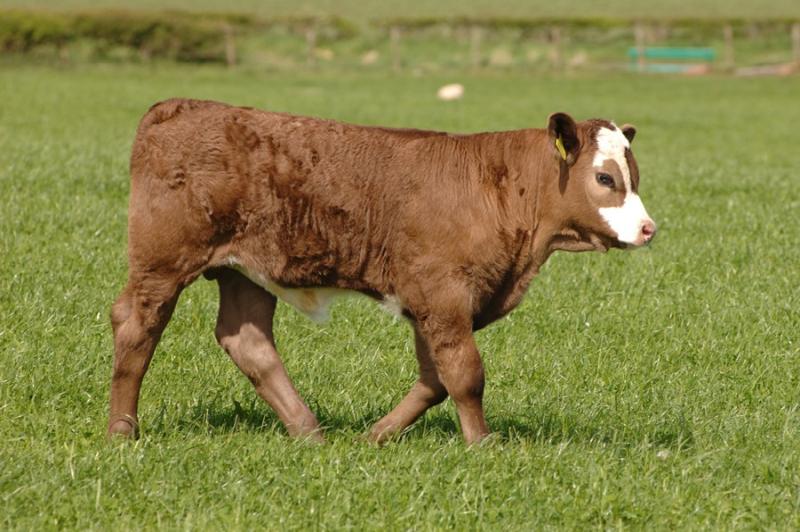
Scottish farmers and crofters have started to receive valuable payments as part of the Scottish Suckler Beef Support Scheme (SSBSS).
The scheme, worth £40 million, helps underpin Scotland’s iconic beef sector, and supports farmers breeding beef calves from suckler cows.
The scheme aims to ensure that herds remain at a level that sustains Scotland’s commercial beef industry.
From the £40m pot, £34 million is for eligible mainland calves and £6 million for Island calf claims.
The Scottish beef industry, with an estimated output of £849 million, is seen as a vital pillar to the local rural economy.
For the 2022 SSBSS scheme year, there was a small increase in the total number of mainland and island businesses making a claim.
With more animals claimed, that means a small decrease in the payments per head, with mainland beef calves receiving £101 and Island calves receiving £144 per head.
NFU Scotland’s livestock policy advisor, Lisa Hislop said the union welcomed the 'timely and prompt' payments of the SSBSS this year.
However, she said that NFU Scotland had concerns about the impact that the cost of production crisis was having on beef herds.
Analysis of figures from the union's intentions survey pointed to an average beef herd size reduction of 4% versus last year.
Ms Hislop said: "While it is encouraging to see a 2% uplift in animals claimed for 2022 compared to 2021, it’s important to note the number of beef calves claimed and the number of farms and crofts claiming is still below 2020.
“When combined with our intention survey results, which points to a declining beef herd and low levels confidence, our iconic beef sector still faces ongoing uncertainty and vulnerability despite the very robust prices for store and prime cattle being seen just now."
She said it was clear that support schemes such as SSBSS "remain an anchor" for farmers and crofters in "these turbulent times".
“It is in the interests of our food and drink sector and our rural economy that farmers and crofters see a future in beef," she added.
“That is why targeted support schemes must remain a key element of Scotland’s future agricultural support package from 2025 onwards.”
